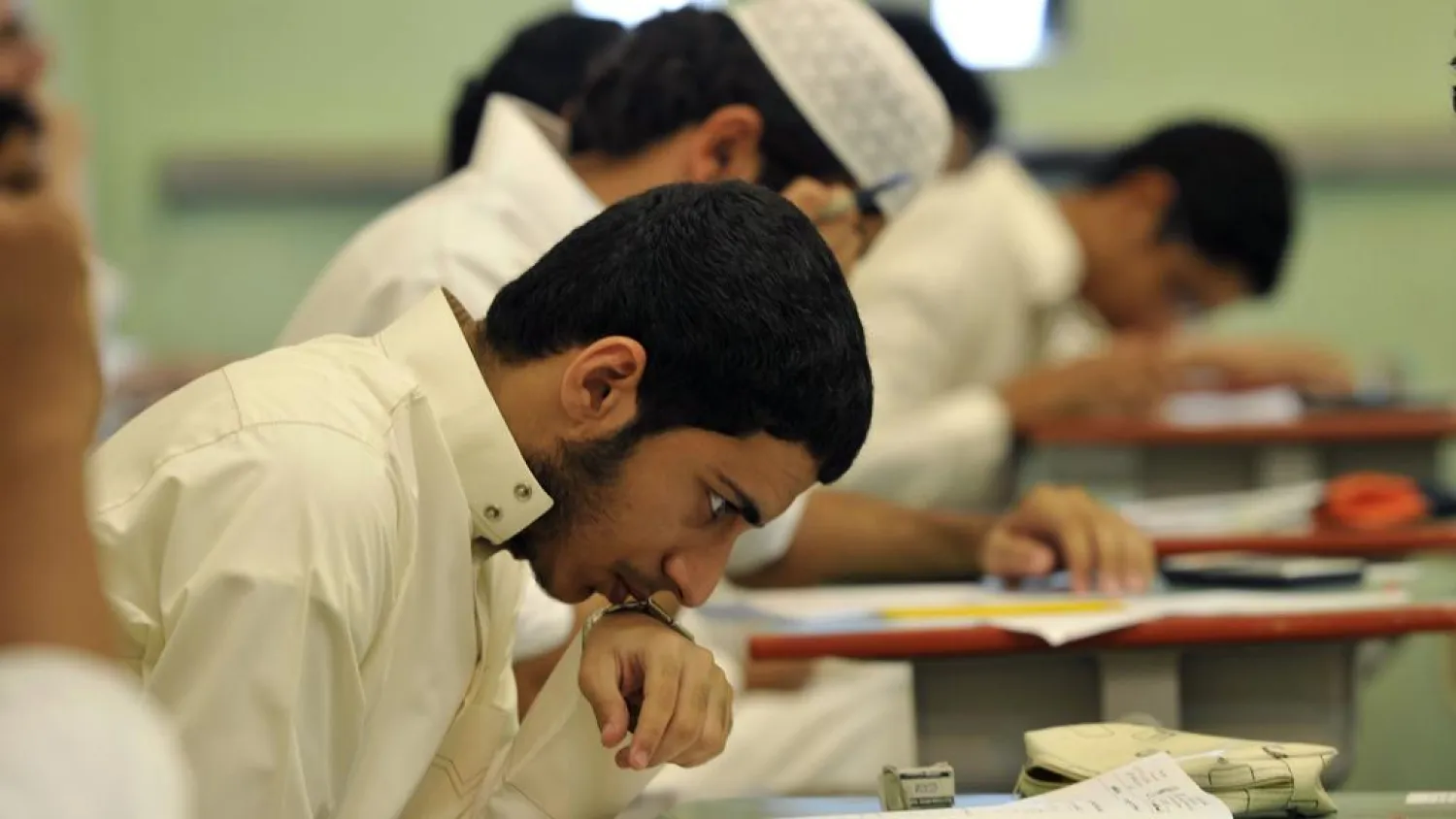The quality of education in the Arab world has dropped in comparison to other regions in the world, which demands immediate reform to tackle development needs and employment in the future, said a recent World Bank report on education in the Middle East and North Africa.
The report urged Arab countries to set education as a priority because it is the basis for any future economic and social development process.
The Arab region has not achieved remarkable progress in recent years in reducing illiteracy, compared to Asian and Latin American countries. The worst in this regard were Djibouti, Yemen and Egypt. Furthermore, the region is still behind from the rest of the world in erasing illiteracy among people above 15 years of age. The numbers of students enrolled at high schools and universities has also not improved.
The World Bank report did acknowledge that the gap in education between the genders in the Arab world is becoming smaller.
One of the compilers of the report said that the time has come for Arab countries to focus their energies on the quality of education and preparing students for the modern job market. They should also train students on problem-solving and critical and innovative thinking. Teachers themselves should also be re-trained in these skills.
Unemployment in the Middle East and North Africa lies at 14 percent, which is higher than the rest of the world, excluding some parts of Africa. The greatest levels of unemployment were registered in the Palestinian territories. A third of the population of 300 million is also illiterate.
Young society
The need for reform in the Arab world is highlighted by the youthful society, where 60 percent of the population is younger than 30 years of age. This means that the region will need to create 100 million job opportunities for the youths over the next two decades. Economic development in region relies heavily on educational reform.
The World Bank report hailed the efforts of Jordan and Kuwait to that end, but it did remark that the reform did not reach the desired level. It explained that the relation between education and the workforce remained weak, adding that the quality of education did not improve.
Investment with poor resources
For 40 years, Arab countries spent about five percent of their general domestic income on education and they have achieved several results from this investment. At present, the majority of children benefit from mandatory education and a good percentage of them reach the levels of higher education. The region has also improved in raising fertility and lowering mortality rates.
Despite this improvement, the general progress in the Middle East and North Africa region remained less than others. In addition, educational curricula still produce more graduates in the theoretical sciences than practical ones.
The region has also failed to take the best advantage of its available human resources. Unemployment remains high among graduates and many of them find work in the government The relationship between economic growth, the distribution of income and lowering levels of poverty remains weak. The current educational system in the region does not produce graduates with the necessary skills and experience to compete on the global level where knowledge is the key to progress.
Employment crisis
Despite government attempts to provide education to the greatest number of students through construction of schools and hiring teachers, they have failed in assessing the connection between the efforts of the teachers and the accomplishments of the students and monitoring the educational process.
The World Bank report also spoke of the gap between what educational institutions provide and what the job market demands. This gap does not simply revolve around failing to produce graduates with the demands of the market, but the market itself has not grown enough to accommodate those graduates. In some countries, this is reflected in high levels of unemployment.
The next level of developing education in the region appears difficult to achieve in that it needs to develop an accountability and assessment mechanism. It should also focus on reforming education and the job markets.
This process will not be the same in all of the countries in the region because some of them have taken great leaps in achieving educational reform. All these countries need, in one way or another, to set incentives and systems of accountability that will yield results in the reform process.
Facts and figures
UNESCO estimates that 76.9 percent of the Arab world is literate. The literacy levels in some countries, such as Lebanon, Jordan and the Gulf area, is above 90 percent, while it is less than 50 percent in Mauritania and Yemen.
Other education facts in the Arab region:
- About 100 million people are illiterate, two thirds of them women.
- A UN survey found that the average Arab reads only four pages a year.
- An Arab Thought Foundation report found that only eight percent of people in the Arab world want to improve their level of education.
- The Arab woman still suffers from a lack of education opportunities.
- There is no incentive system to encourage older illiterates to continue their education and improve their academic skills.
- Women face challenges in leaving the house and pursuing an education at schools due to social pressures.
















